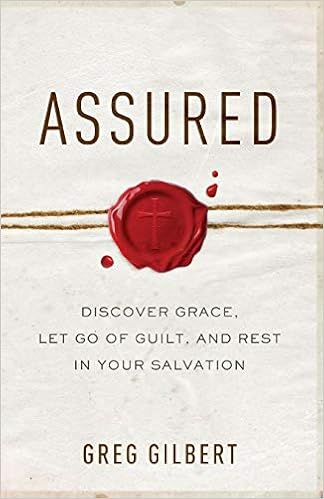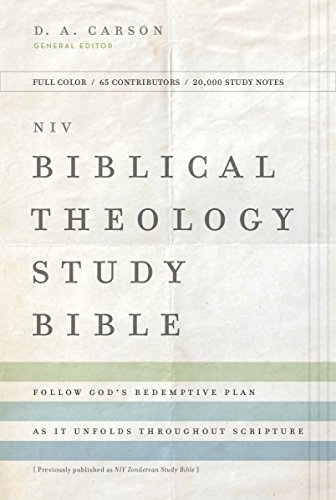
Virtue and Public Life.
Patterson notes the foundational role of virtue in Perkins’s understanding of society stating, “Perkins states that all cases in this category are related to the practice of what he calls virtue.” For Perkins virtue is a distinctly Christian attribute as he defines it as, “a gift of the Spirit of God, and a part of regeneration, whereby a man is made apt to live well.” The cultivation of virtue was central to how Christians were to live well in their public lives. Calling it a gift of God, Perkins says that virtue “makes a man fit to live well.” In his cases of conscience, Perkins explores how exactly virtue makes a person “live well.” Patterson notes that while Perkins used the same names as found in classical antiquity, he had a different understanding of the nature and purpose of the virtues. Patterson states:
Among the pagans, he argues, practicing these virtues served a restraining purpose—namely, that of bridling ‘the corruption of means hearts’. Among Christians, by God’s grace, practicing the virtues serves a broader purpose: not only to restrain evil affection but also, more important, to renew the heart and soul.
This aspect of renewal meant that for Perkins the virtues played an important role in guiding the public life of believers. In setting Christian virtue apart from that of pagans, Perkins is firmly rooted in the Augustinian tradition as Jennifer Herdt notes of the early Modern understandings of virtue, “Early modern suspicion of humanly acquired virtue is associated particularly with the Augustinian tradition. It is thus rooted in Augustine’s famous ambivalence about pagan virtue, well captured by the tag so often attributed to Augustine: the pagan virtues are vices, if glittering ones.” In his ascribing Christian virtue to God’s work Perkins is demonstrating the long-held skepticism of human virtue found in the Augustinian tradition.
Prudence and the fear of God. In Perkins’s understanding of the virtues, prudence is synonymous with wisdom. This virtue was the foundation for the decision-making process required of believers. Regarding the practice of prudence Perkins states,” two actions are required…one is deliberation, whereby…we advise what is good and bad…The other is determination, whereby we resolve upon former deliberation to embrace, do follow, and pursue the best things in every kind.” This virtue serves to inform the believers’ understanding of vocation. Perkins teaches, “We must distinguish between the necessary works of our callings that pertain to us, and other works that are out of our callings, and pertain not unto us. And we must do the other, though we leave these undone.” Perkins teaches that there were things that belong to the particular callings of the believers and that prudence was required to discern them and then determination to do them. Perkins also taught that through life believers face decisions between good and bad and that only through prudence would believers be able to make such informed decisions. Prudence also enabled believers to understand that when given the choice, “of two evils, which are both sins, we must not only choose the less, but we are to choose neither.”
Prudence was at the forefront of Perkins’s response to the Machiavellian policy which had come to shape the political landscape of Perkins’s time. Perkins puts forward what is a distinct form of policy, informed by prudence, that stands in stark contrast to Machiavellian policy. Perkins provides four caveats for the use of policy: truth should not be prejudiced, nothing should be against the glory of God, nothing should arise out of injustice, nothing should be done outside one’s calling. Perkins further elaborates that if “any of these four caveats are not observed, then it loses both the name and nature of true policy, and becomes fraud craft, and deceit, and so is condemnable.” Perkins makes certain that Machiavellianism stood outside of what prudence allowed. Perkins in condemning Machiavellian policy states, “that which is commonly called the policy of Machiavel is here to be condemned. For it is not answerable to the caveats before remembered.” As Patterson notes, for Perkins prudence was the key for understanding how Christians were to live well, “in a society such as that of England, where can be seen a ruthless politics, a rapidly changing economy, and confusing mew moral standards of behavior.”
![Divine Impassibility: Four Views of God's Emotions and Suffering (Spectrum Multiview Books) by [Thomas Jay Oord, Robert J. Matz, A. Chadwick Thornhill]](https://m.media-amazon.com/images/I/4145TQKhVaL.jpg)



